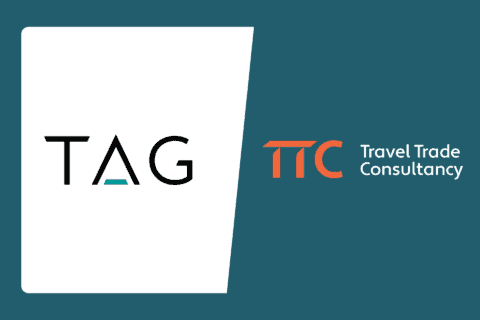The European Commission (EC) recently published proposals to reform the Package Travel Directive (PTD) following the learnings from Thomas Cook’s failure and the impact of Covid-19.
The EC’s proposals have a long way to travel through the European political system before they’re final. Still, they could significantly impact how travel businesses market, sell and deliver package holidays across Europe.
In this post, we outline the five most eye-catching EC proposals.
1- Wider definition of a package
The EC proposes to widen the definition of a package, which will catch many more combinations of travel services in the regulatory net. Certain types of Linked Travel Arrangements (often referred to as Type A LTAs) would be reclassified as packages, dramatically changing their risk profile for businesses that offer them.
2 – Limitations on advanced payments
In order to reduce consumers’ exposure to the travel sector, the EC proposes restrictions on when and how much a package organiser can collect. Deposits would be limited to 25% of the package price, and no further payments could be collected until 28 days before departure. While the proposals do state higher deposits may be collected where necessary (which would presumably apply where airlines or other suppliers must be paid in advance), it’s clear these changes would dramatically impact the travel sector’s cash flows.
3 – Supplier refunds
The EC proposes firming up package organisers’ rights of redress from their suppliers. Where a supplier cancels a component of a package, they will have an obligation to refund the organiser within seven days. This should ease the burden on package organisers, making it easier for them to meet their own obligation to refund customers within 14 days.
4 – Standardised approach to refund vouchers
A variety of state-sponsored refund voucher schemes were used across Europe during the Covid-19 period to ease the burden of mass refunds on the travel sector. The EC proposes standardising the use of vouchers. Under the proposals, customers would need to be given the choice of a cash refund alongside the choice of a voucher. Vouchers must also be fully refundable and transferable, have a maximum redemption period of 12 months (or 24 months with the customer’s consent) and be financially protected.
5 – Enhanced cancellation rights for customers
Finally, the proposals set out changes to the way “unavoidable and extraordinary circumstances” are considered. The planned changes are likely to increase the rights of customers to cancel holidays and receive a refund.
The EC’s proposals are currently making their way through the European legislative process, which may result in redrafting, and it could be several years before we see any new rules come into force. We’ll be following developments and sharing updates as we hear more.
If you need to discuss the implications the potential changes might have on your travel business, please get in touch to have a conversation with someone from our team.
If you like this, we think you’ll love:
Join our newsletter
If you enjoyed this post, why not sign up to our newsletter? Get our latest blog posts, industry updates and exclusive content.
Sign up


